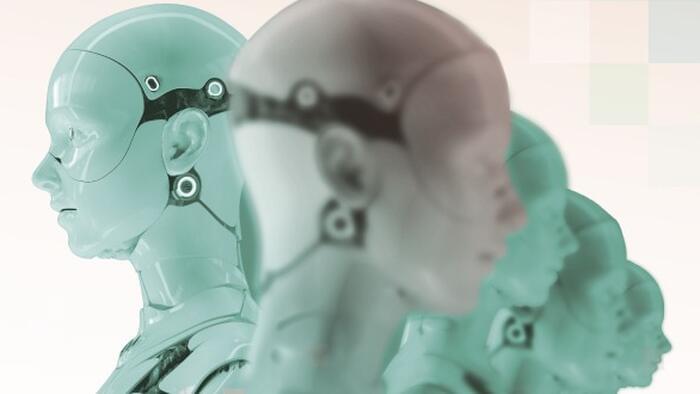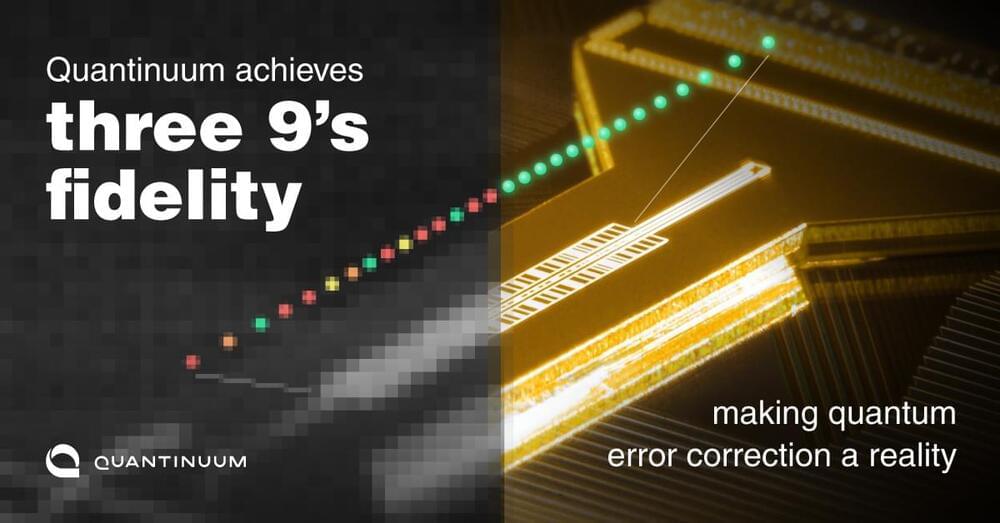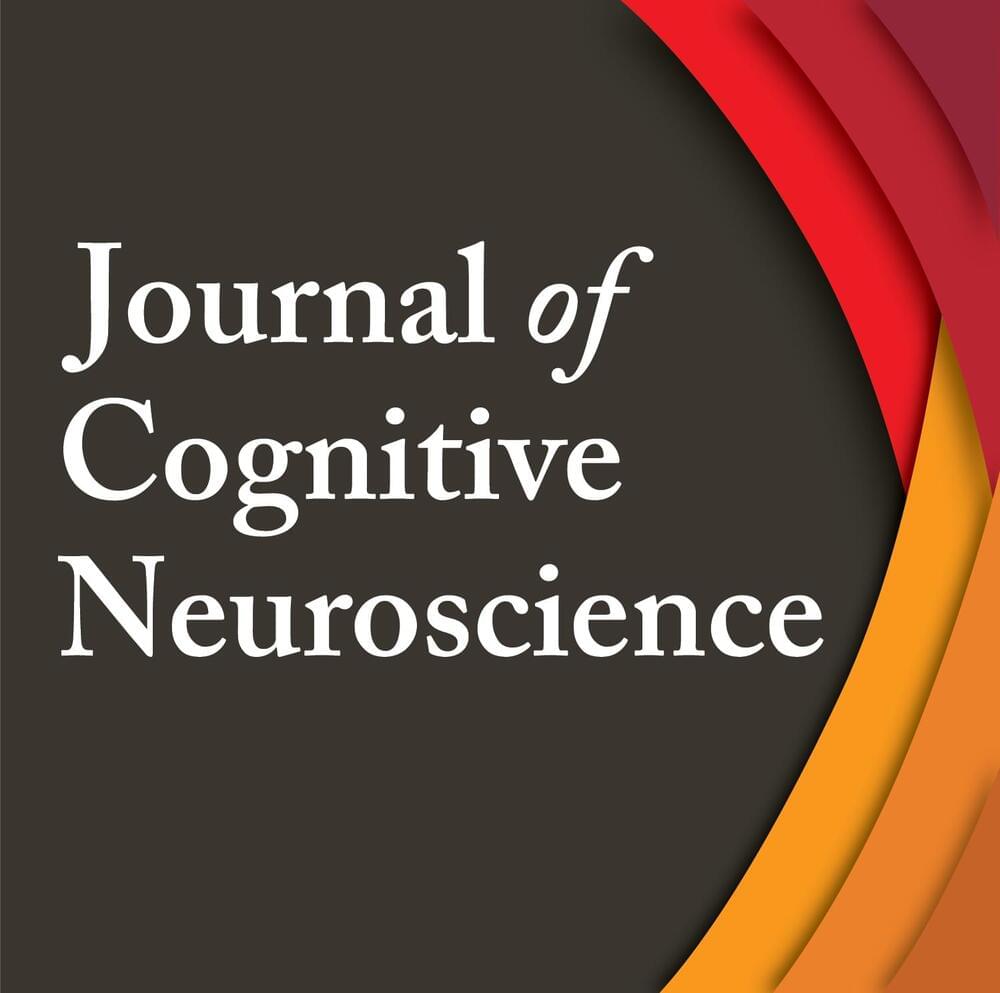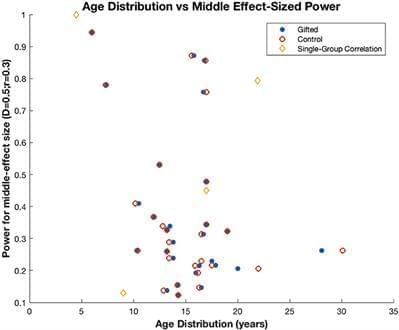
The Limitless Pendant is part of the whole Limitless system, which the company is launching today. (Oh, and in case you’re wondering: yes, it’s very much a reference to the movie.) Siroker’s last AI product, Rewind, was an app that ran on your computer and would record your screen and other data in order to help you remember every tab, every song, every meeting, everything you do on your computer. (When the company first teased the Limitless Pendant, it was actually called the Rewind Pendant.) Limitless has similar aims, but instead of just running on your computer, it’s meant to collect data in the cloud and the real world, too, and make it all available to you on any device. Rewind is still around, for the folks who want the all-local, one-computer approach — but Siroker says the cross-platform opportunity is much bigger.
“The core job to be done is initially around meetings,” Siroker tells me. “Preparing you for meetings, transcribing meetings, giving you real-time notes of meetings and summaries of meetings.” For $20 a month, the app will capture audio from your computer’s mic and speakers, and you can also give it access to your email and calendar. With that combination — and ultimately all the other apps you use for work, Siroker says — Limitless can do a lot to help you keep track of conversations. What was that new app someone mentioned in the board meeting? What restaurant did Shannon say we should go to next time? Where did I leave off with Jake when we met two weeks ago? In theory, Limitless can get that data and use AI models to get it back to you anytime you ask.
Siroker and I are talking the day after the first reviews of the Humane AI Pin came out, and he’s careful to differentiate his company’s approach from these all-encompassing AI tools. “We’re trying to do a few things exceptionally well, not be a mile wide and an inch deep,” he says. “We’re not, you know, trying to reinvent the wheel with lasers.” His plan is to integrate into all the apps you use and put Limitless inside of those apps; you should be able to take notes in Notion or get action items in Slack, he thinks, instead of having to go to some other app entirely. “Why would I even have to make you log into my cloud based app, when I could just have you show up to the thing you’re already using?”


















